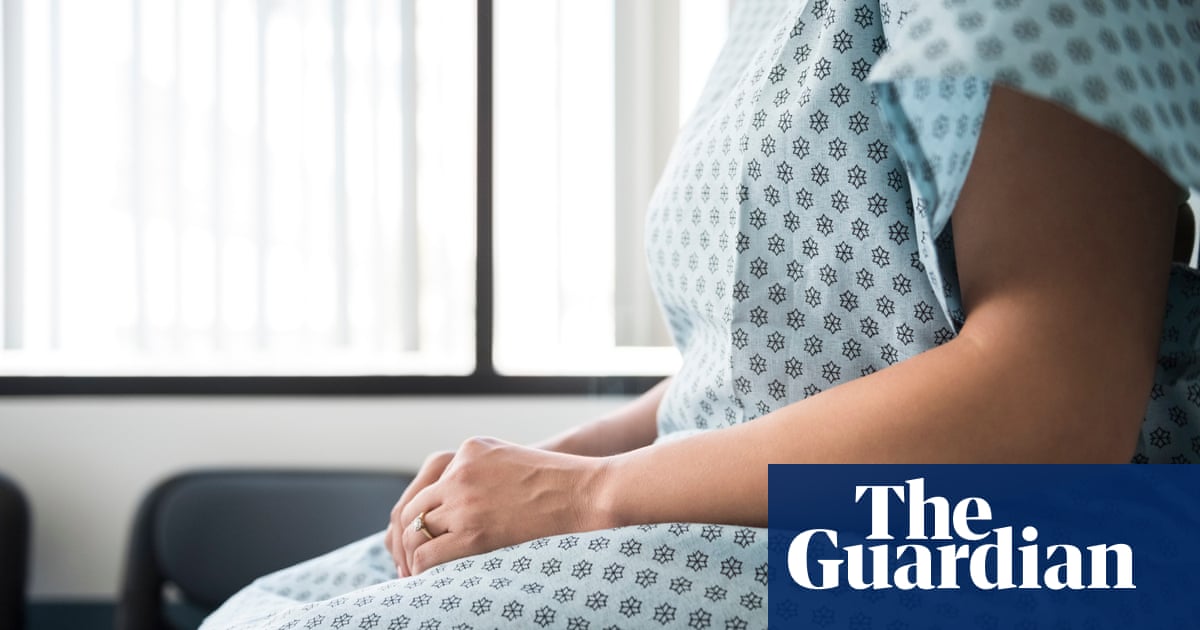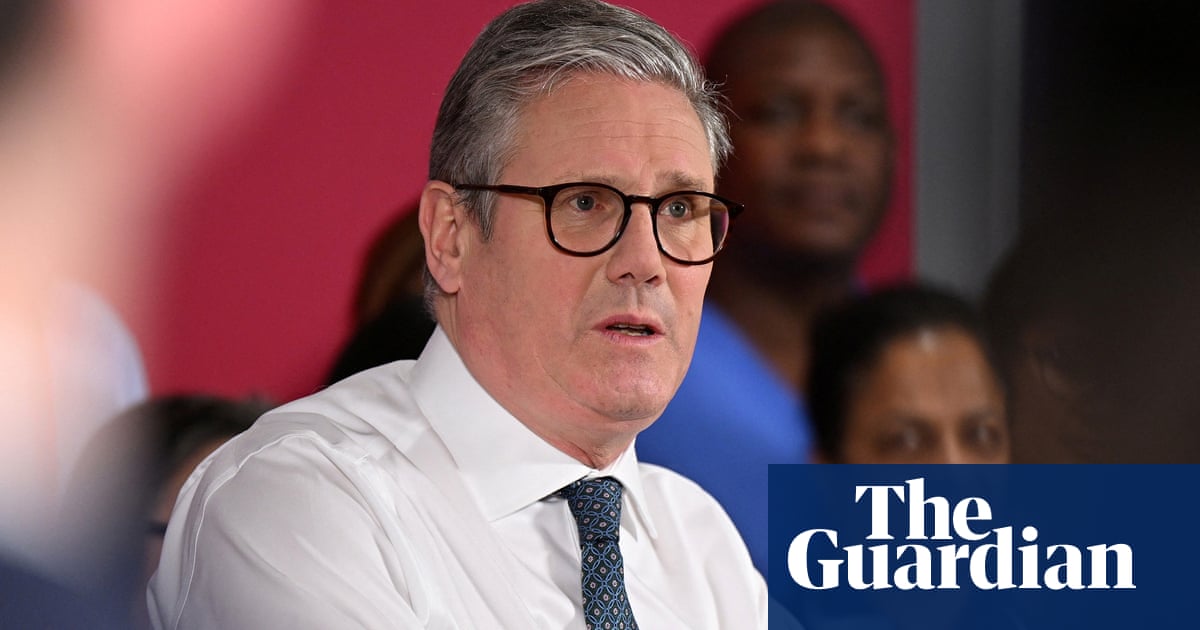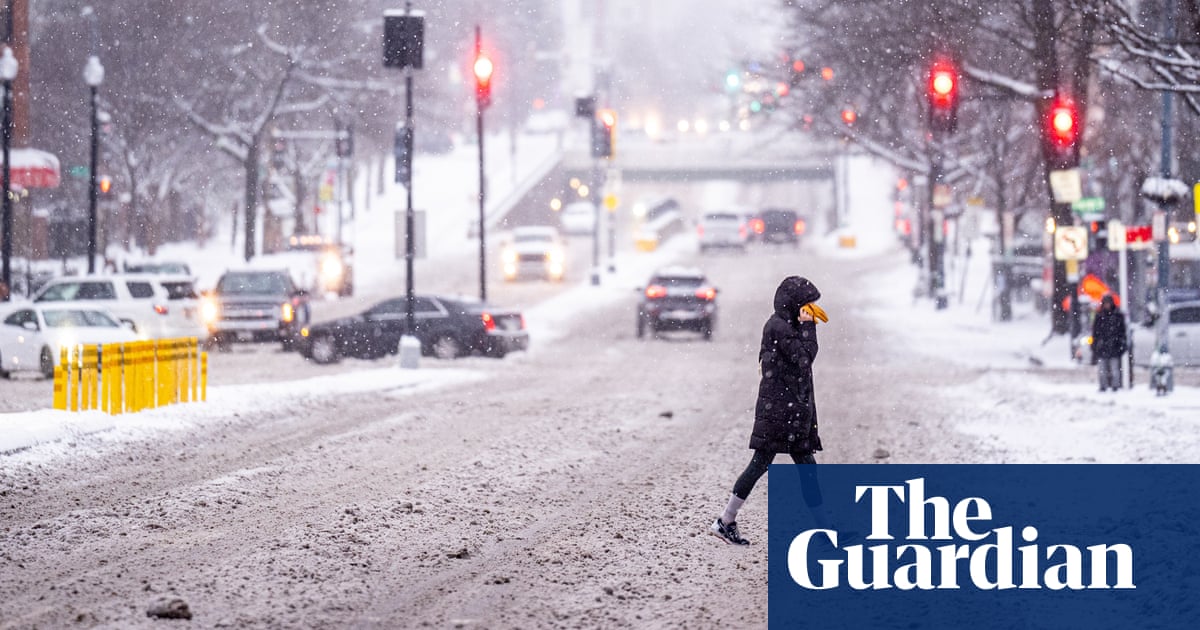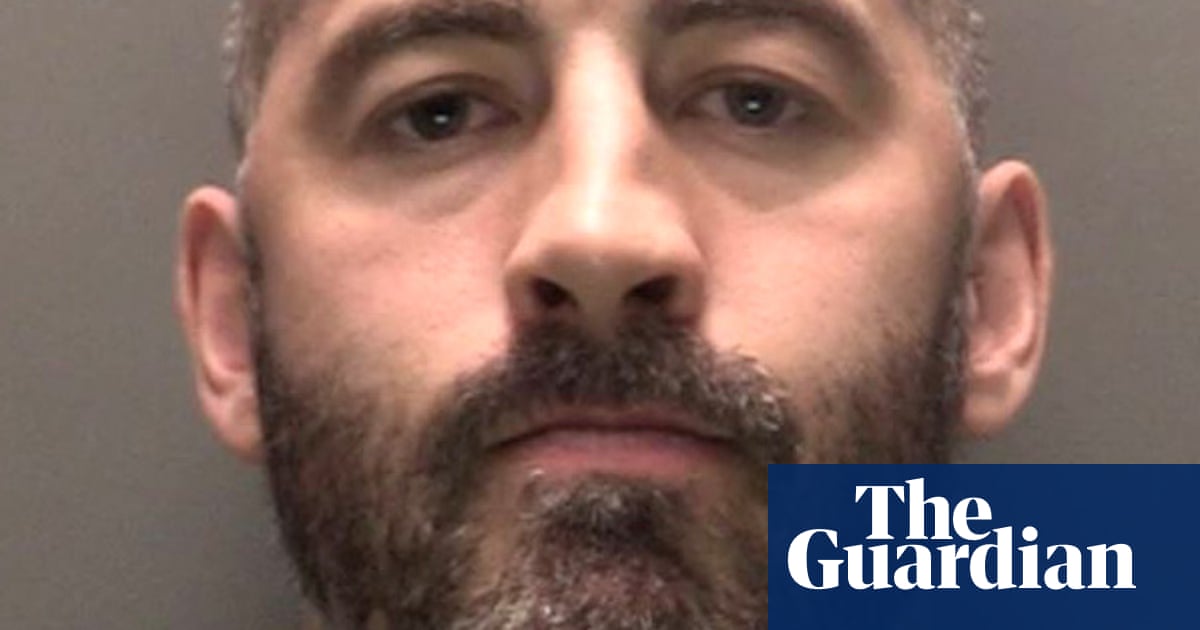Reeves says her investment plans will boost growth over the longer term
Rachel Reeves is being interviewed on the Today programme by Nick Robinson.
Q: How disappointed were you by the OBR saying the budget would not boost growth?
Reeves says she has to set a budget in circumstances at the time. She says she wanted to be “open and transparent” about the problems she faced.
She says the OBR has, for the first time, looked at the growth impact of the budget beyond the next five years. It says the plans, especially on infrastructure, will boost growth by 1.5% over the longer term.
Key events Show key events only Please turn on JavaScript to use this feature
Reeves brushes aside IFS analysis saying this parliament set to be second worst for household incomes for 75 years
Rachel Reeves is now being interview on ITV’s Good Morning Britain.
She is being interviewed by Ed Balls, the former Labour shadow chancellor who is now a TV presenter. He asks her to confirm that workers will end up losing out because of the employers’ national insurance contributions (NICs) increase.
Reeves says the NICs increase will have an impact. But she says living standards are expected to rise during this parliament.
Balls pays a clip from the budget speech, where Reeves explained why she was freezing fuel duty.
Q: If raising fuel duty was the wrong choice for working people during a cost of living crisis, why was cutting the winter fuel allowance the right choice?
Reeves says, if she had not frozen fuel duty, petrol costs would have gone up sharply.
On pensioners, she says the state pension is going up by £470.
And she says the investment in the NHS will help everyone who uses the NHS.
Kate Garraway, Balls’ co-presenter, asks why the elderly should take a hit.
Reeves says the government is trying to get more people to claim pension credit, which will mean they can continue to get the winter fuel payment, as well as potentially thousands of pounds in pension credit. She says applications for pension credit are up 151%.
Q: You are gambling on growth. But some forecasts say it won’t do very well. Will people feel better off at the end of this parliament.
Reeves says the OBR says people will be better off at the end of this parliament.
Balls chips in again. He says the Institute for Fiscal Studies is predicting the second worst rise in living standards for any parliament since the war. That feels like a miserable rise in living standards.
The last parliament, including a pandemic and cost of living crisis, saw per capita disposable household income rise by just 0.3% per year.
But the forecast for the current parliament suggests that it will be the second worst on record for household incomes.#Budget2024 pic.twitter.com/pCur6GpGYs
Reeves says the government is just getting started. There is more to do, she says. But the OBR says real disposable income will increase, she says.
And that’s the end of the ITV interview, and all the early morning broadcast interviews Reeves is doing.
Reeves defends making some farms subject to inheritance tax, saying 73% of farms will not be affected
Rachel Reeves is now being interviewed on Radio 5 Live.
Asked about a business leader saying he now has to raise an extra £500,000 to pay the national insurance increase, Reeves says she recognises the challenges businesses face. But she had to stabilise the national finances, she says.
She is also asked to respond to complaints from a farmer about the budget, and farms worth more than £1m losing their exemption from inheritance tax.
Reeves says 73% of farms will not be affected at all.
Some landowners will have to pay more inheritance tax. But they will still pay less inheritance tax (20%) than many families pay.
Reeves says she had 'no idea' about extent of Tories' unfunded spending commitments during election campaign
Q: Are you embarrassed when I remind you you said at the election that every Labour policy was fully costed?
Reeves says, when she became chancellor, she had “no idea” about the Tory government’s unfunded commitments.
Robinson says, if she had listened to the Today programme, she would have heard them repeatedly heard reports about claims that the Tories’ spending plans did not add up. [The IFS was issuing press releases about this almost daily during the election campaign.]
Reeves says government borrowing is running much higher than forecast.
And that’s the end of that interview.
Q: Wes Streeting said recently it was a mistake to keep pouring money into the NHS without reform. But isn’t that what you are doing?
Reeves says the NHS needed immediate help. But she says it has also been set a 2% efficiency target.
Q: The OBR says interest rates will be higher as a result of the decisions you took?
Reeves says that is not exactly right. She says the OBR is forecasting higher interest rates than it forecast in March. But it has also said that in March it was not given full details of the government’s spending commitments.
Overall, the OBR is forecasting interest rates to come down, she says.
Reeves says people paying four people on the national minimum wage won’t pay any more in national insurance. And she says 1 million firms will pay the same or less national insurance than they do now.
Q: Why are you putting what you have called a “jobs tax” on business, worth £25bn?
Reeves says the government recently held an investors summit that showed there was a vote of confidence in the UK.
And stability is important, she says. If the budget has involved half measures, with the chance of taxes going up again in the future, that would not provide stability, she says.
Q: A business leader told us that a firm making profits of £8m would have higher costs of £1.5m. Do you accept the rise in employers’ national insurance will take money out of people’s pockets.
Reeves says she does accept that this will have “an impact on wage growth”.
Reeves says her investment plans will boost growth over the longer term
Rachel Reeves is being interviewed on the Today programme by Nick Robinson.
Q: How disappointed were you by the OBR saying the budget would not boost growth?
Reeves says she has to set a budget in circumstances at the time. She says she wanted to be “open and transparent” about the problems she faced.
She says the OBR has, for the first time, looked at the growth impact of the budget beyond the next five years. It says the plans, especially on infrastructure, will boost growth by 1.5% over the longer term.
IMF backs budget plan to reduce deficit 'by sustainably raising revenue'
As Julia Kollewe reports on the business live blog, the IMF has praised the budget. An IMF spokesperson said:
We support the envisaged reduction in the deficit over the medium term, including by sustainably raising revenue.
Rachel Reeves accepts workers face lower pay rises due to national insurance hike as she defends budget in interviews
Good morning. The day after budget day is normally when the most thorough and considered budget analysis starts to emerge, and rarely has there been more to chew over than there was in Rachel Reeves’s first budget as chancellor – a mammoth, £40bn-tax-raising fiscal reset with huge consequences for Britain for the rest of the decade. Reeves and her Tory shadow, Jeremy Hunt, are doing full media rounds this morning, and the leading budget thinktanks are publishing full studies of what was announced yesterday.
In an interview with BBC Breakfast, Reeves accepted that people would get lower pay rises as a result of her decision to increase employers’ national insurance. She said:
I said that [the national insurance increase] will have consequences.
It will mean that businesses will have to absorb some of this through profits and it is likely to mean that wage increases might be slightly less than they otherwise would have been.
But, overall, the Office of Budget Responsibility forecast that household incomes will increase during this parliament.
That is a world away from the last parliament, which was the worst Parliament ever for living standards.
Here is the agenda for the day.
9am: The Resolution Foundation publishes its full budget analysis.
10.30am: The Institute for Fiscal Studies holds a press conference to present its budget analysis.
11.30am: Downing Street holds a lobby briefing.
After 11.30am: MPs resume their budget debate, with Pat McFadden, the Cabinet Office minister, opening for the government.
5pm: Voting closes in the Conservative leadership contest. The results will be announced on Saturday morning.
If you want to contact me, please post a message below the line (BTL) or message me on social media. I can’t read all the messages BTL, but if you put “Andrew” in a message aimed at me, I am more likely to see it because I search for posts containing that word.
If you want to flag something up urgently, it is best to use social media. I’m still using X and I’ll see something addressed to @AndrewSparrow very quickly. I’m also trying Bluesky (@andrewsparrowgdn) and Threads (@andrewsparrowtheguardian).
I find it very helpful when readers point out mistakes, even minor typos (no error is too small to correct). And I find your questions very interesting too. I can’t promise to reply to them all, but I will try to reply to as many as I can, either BTL or sometimes in the blog.


.png) 2 months ago
21
2 months ago
21













































